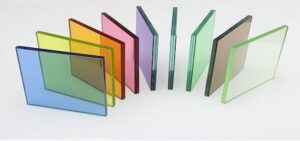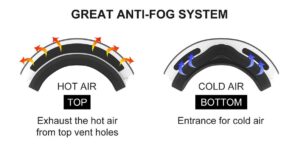👓Why They’re Needed
Extended screen time or close reading forces your eyes to maintain constant near focus, leading to accommodative strain.
Typical symptoms: dry eyes, headaches, blurred distance vision.
⚙️How They Work
Anti-fatigue lenses incorporate a slight “power boost” (+0.3 to +0.6 diopters) in the lower portion of the lens:
Top zone: normal prescription for distance.
Bottom zone: subtle positive power to reduce strain for near tasks.
It’s like a discreet built-in support for your eyes.
🌟Benefits
Reduces eye strain during long hours of computer or reading.
Looks like regular lenses—no visible line.
Enhances productivity for students and professionals.
❌Considerations
Requires precise eye exam to determine the correct add power.
Not a replacement for reading or progressive lenses.
Short adaptation period (1–2 weeks) may be needed.
✅Best For
Office workers with heavy screen use.
Students engaged in intensive reading or online classes.
Young adults with early presbyopia or mild accommodative issues.
Anti-fatigue lenses are an essential upgrade for the digital era, easing visual strain and improving comfort when combined with healthy habits like the 20-20-20 rule.







